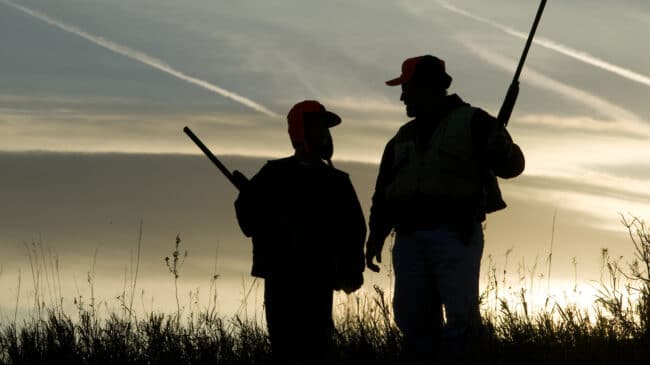Summary
Florida Amendment 2 would guarantee that hunting, fishing, and wildlife taking, including traditional methods, remain preserved in the state constitution as public rights and preferred means of wildlife management. It would not prevent regulations on game seasons, bag limits, wildlife-taking methods, or the protection of certain species.
Fiscal Impact
There is no direct fiscal impact, but state economists estimate that Florida’s hunting and fishing economy generates roughly $316 million annually in state and local tax revenues.
Proponents’ Arguments
Supporters claim that hunting and fishing are integral to Florida’s cultural and historical heritage. Protecting these rights ensures that future generations can continue these traditions. Hunting and fishing are also effective tools for wildlife management, helping control populations and prevent overpopulation-related problems. These activities contribute significantly to the state’s economy through licensing fees, equipment sales, and tourism. These revenues can be used to maintain and preserve other critical natural resources in Florida.
Opponents’ Arguments
Critics argue that embedding these rights in the constitution may limit the state’s ability to regulate hunting and fishing effectively, potentially leading to environmental and conservation problems. Specifically, the inclusion of “traditional methods” and being the “preferred” means of managing populations may open the door to inhumane hunting methods and overhunting of endangered species in Florida, like bears. They argue that the existing legal framework already adequately protects these rights and that constitutional amendments should be reserved for fundamental issues.
Discussion
This amendment will make little change to Florida’s current policy and economic landscape in hunting and fishing. The law already allows hunting and fishing, including traditional methods. If Amendment 2 passes, the state will still be able to regulate hunting and fishing the same way it always has, with seasons, bag limits, and bans on certain species like bears. The inclusion of “traditional methods” includes only killing and taking methods currently legal and has no retroactive power to re-legalize things like gill nets. However, it may prevent any further regulation of killing or capturing methods in the future. Using hunting as the “preferred” method of population management may interfere with more effective methods of control like habitat modification or relocation, but ultimately won’t prevent them if they become necessary.
While some states like Oregon previously considered ballot measures that proposed a complete ban on animal killing, no state has yet to enact such a policy, contrary to the claims of the supporters of Amendment 2. An outright ban would certainly harm Florida’s economy, but so far that has not been proposed. Ultimately, this amendment may not be necessary as it does little to change hunting regulations, and critics may be right that such a policy does not belong in the state constitution. Yet, it would provide an effective bulwark against future bans on hunting and fishing.
